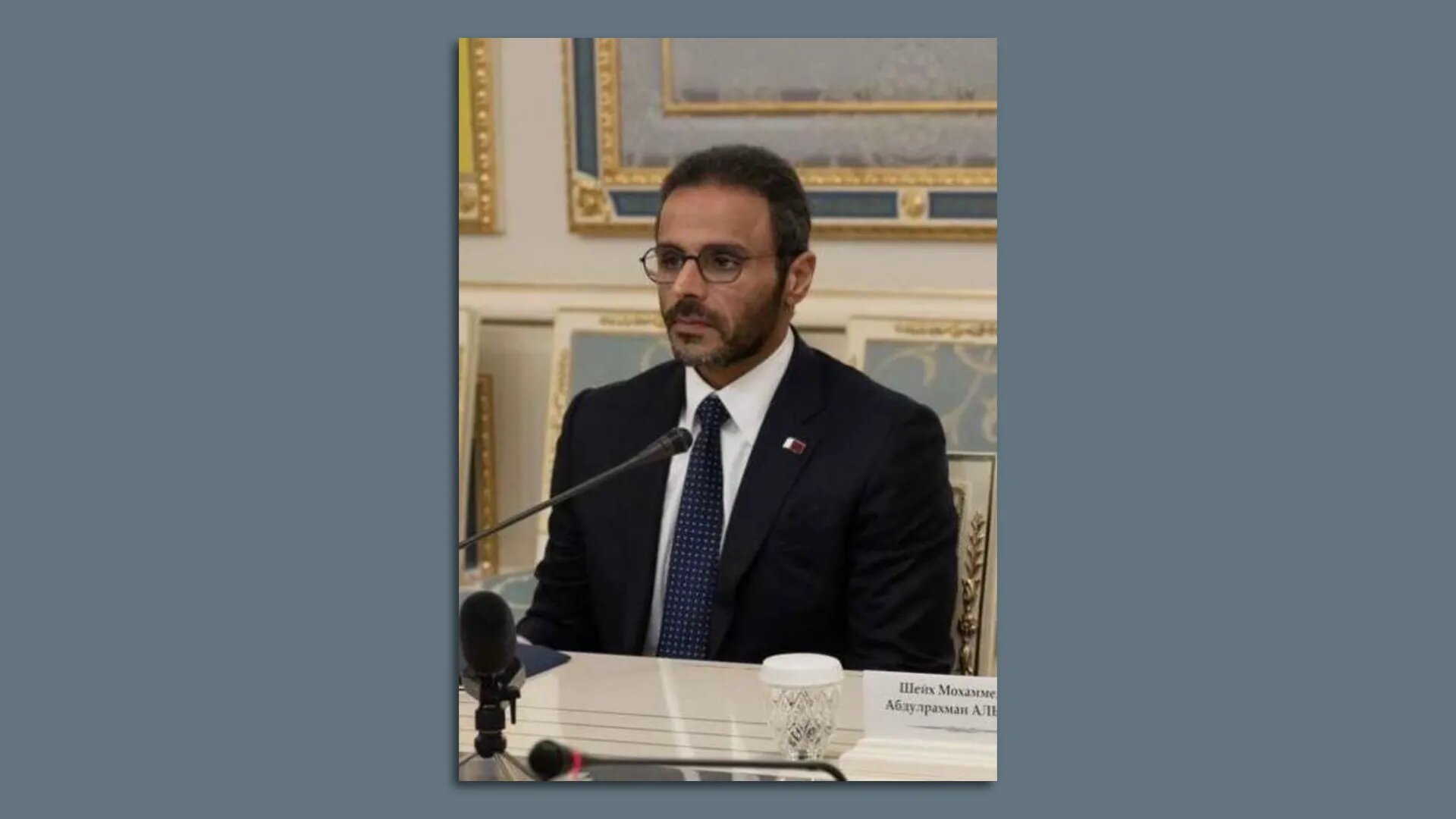CIA Director Bill Burns has awarded Qatar’s intelligence chief, Abdullah bin Mohammed Al-Khulaifi, the “George Tenet” medal for his contributions to counterterrorism and intelligence cooperation, as well as efforts to secure a Gaza ceasefire deal and the release of captives.
The CIA reportedly awarded the head of Qatar’s State Security Agency Abdullah bin Mohammed Al-Khulaifi the top “George Tenet” medal this week amid joint efforts by Doha and Washington to reach a captives release and ceasefire deal in the Gaza Strip.
Two sources privy to the matter told Axios on Thursday that CIA director Bill Burns presented Al-Khulaifi the award this week in a ceremony held at the intelligence agency’s headquarters in the United States.
However, the CIA declined to comment on the matter to Axios.
A source told the news outlet that Burns gave the award to Al-Khulaifi in “appreciation of his role in maintaining national and regional security, and the exceptional support he provided to the CIA in preserving the interests and security of the U.S. and Qatar.”
Other main reasons cited in the report included the cooperation in counterterrorism efforts between Qatari intelligence and the CIA as well as Qatar and the U.S. joint efforts in securing the release of captives from Hamas.
Axios cited a source saying that the reasons also included the capability of the Qatari State Security Agency “to prevent and foil threats and attacks in the Middle East.”
In 2022, U.S. President Joe Biden designated Qatar as a Major Non-NATO Ally (MNNA) as he met with Qatar’s Amir Sheikh Tamim bin Hamad Al Thani in Washington.
The designation grants Washington’s foreign partners several benefits in areas concerning defence trade and security cooperation.
Qatar became the third Gulf country to be added to the list of 18 current MNNA’s, which already included Bahrain and Kuwait.
The Gulf state also hosts the Al-Udeid Airbase, the largest American military post in the Middle East. In January, the U.S. agreed to extend its military presence at the base in Qatar for another decade.
Ceasefire talks resume in Doha
Meanwhile, mediators Qatar and the U.S., alongside Egypt, have been engaged in diplomatic efforts since the beginning of the Israeli war in the Gaza Strip on October 7, where it killed more than 40,000 people.
Late last year, Qatar’s mediation efforts led to a truce that saw the release of 109 Israeli captives out of 251 held by Hamas and 240 Palestinians from Israeli prisons. Talks have since stalled, with Israel intensifying its war in the besieged enclave.
This week’s ceasefire talks began in Doha on Thursday following a joint statement by the leaders of Qatar, the U.S. and Egypt on August 8 that urged Israel and Hamas to reach an agreement.
The talks, which entered a second day on Friday, took place behind closed doors, and were attended by CIA director, Biden’s top Middle East adviser Brett McGurk, Egyptian intelligence chief Abbas Kamel and representatives from Israel.
A spokesperson for Israeli Prime Minister Benjamin Netanyahu told AFP on Wednesday that his political adviser Ophir Falk will be at the talks.
In a statement to Al-Araby Al-Jadeed on Wednesday, Suhail Al-Hindi, a member of Hamas’s political bureau, reiterated his group’s insistence on a return to Biden’s initial ceasefire plan, which the group said Israel has blocked.
Al-Hindi echoed a statement issued by Hamas on Sunday, where it demanded a plan that would obligate Israel to implement the ceasefire and captives release deal instead of back-and-forth negotiations.
On Thursday, Qatar’s foreign ministry spokesperson Majed Al-Ansari told Doha’s state news agency (QNA) that the talks will resume on Friday.
“The mediators are resolute in their commitment to move forward in their endeavours to reach a ceasefire in the Strip that would facilitate the release of hostages and enable the entry of the largest possible amount of humanitarian aid into Gaza,” QNA reported, citing Al-Ansari.
The negotiations this time are taking place amid heightened tensions in the region, fueled by Israel’s assassination of Hamas political chief Ismail Haniyeh in Tehran on July 31 and the Israeli assassination of Hezbollah commander Fouad Shukur in Beirut on July 30.
While Israel claimed the attack in Beirut, it has yet to claim responsibility for the killing of Haniyeh despite global condemnations, including from mediators Qatar and Egypt.
Iran and Hezbollah have since vowed to retaliate against Israel, raising fear over further escalation within the region.
On Thursday, Qatar’s Prime Minister and Minister of Foreign Affairs Sheikh Mohammed bin Abdulrahman Al-Thani held a phone call with Iran’s Acting Foreign Minister Ali Bagheri Kani, where they discussed the latest developments in mediation efforts.
“Discussions also dealt with the latest developments in the Gaza Strip and the occupied Palestinian territories, developments of the joint mediation efforts to end the war on the Strip, and the ongoing tensions in the Middle East, stressing the need for calm and de-escalation in the region,” Qatar’s foreign ministry said in a statement.







